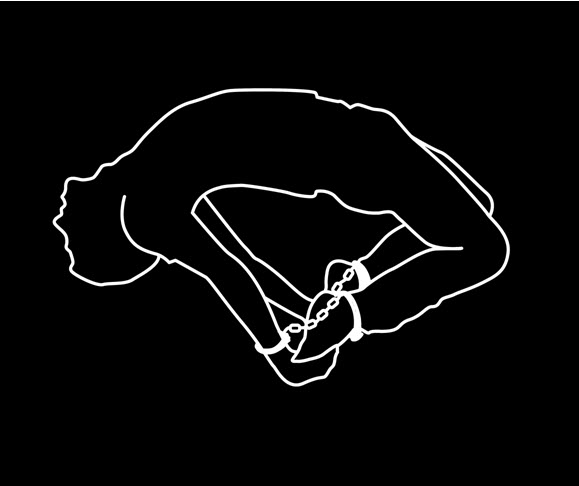The Knesset voted a first reading approval for a bill on Monday, November 21, that would exempt the Israel Police and the Shin Bet security service from having to make a video or audio recording of “interrogations of suspected terrorists.” The vote was 46-15, support coming from both far-right coalition and Zionist opposition MKs.
Officially, the current law requires all interrogations to be recorded. But the Knesset passed temporary legislation several years ago waiving this directive during interrogations of “suspected terrorists,” and this interim legislation has been periodically renewed. The current bill, assuming it is enacted, will simply make this waiver permanent.
MKs from the Joint List argued that the legislation would undermine fundamental rights. “This bill would give every security interrogator total immunity to do whatever he pleases, and nobody will know how much force he uses or what he does to the suspect,” said Hadash MK Aida Touma-Sliman (Joint List). “This is a crime not only against international law, but also against basic morality, which says that people suspected of security offenses have basic rights that must be upheld.” Touma-Sliman’s Communist Party of Israel comrade, Hadash MK Dov Khenin (Joint List) added: “This bill serves one purpose and one only – concealing crimes knowingly committed during these interrogations by the police and the Shin Bet, with encouragement from the political leadership.” .
According to the Public Committee against Torture in Israel (PCATI), during interrogation a detainee may be classified as an “interrogee under the necessity defense.” In practice the records of the PCATI indicate that the use of this category is determined not just by the level of threat; interrogees who do not cooperate with the interrogation are more likely to be placed in this category. If he or she is seen as an “interrogee under necessity defense,” a specific kind of interrogation – i.e., “necessity interrogation” – will be employed. These interrogations include the use of physical torture or. as the Israel government calls them, “special measures.” Although interrogation methods are classified, from testimonies received by PCATI during the past decades “we can say that they include a combination of sleep deprivation, threats, incommunicado detention and holding the interrogee in different stress positions, such as the ‘banana position’ and the ‘frog position,’, repetitively.”
Related
A Veil over Torture: Israel’s “Necessity Defense”



